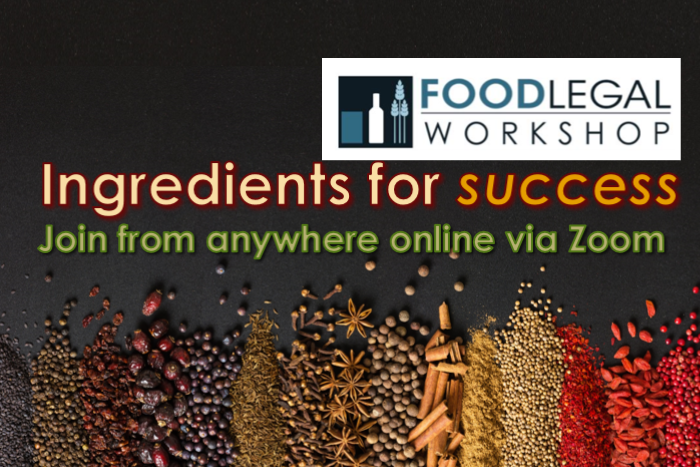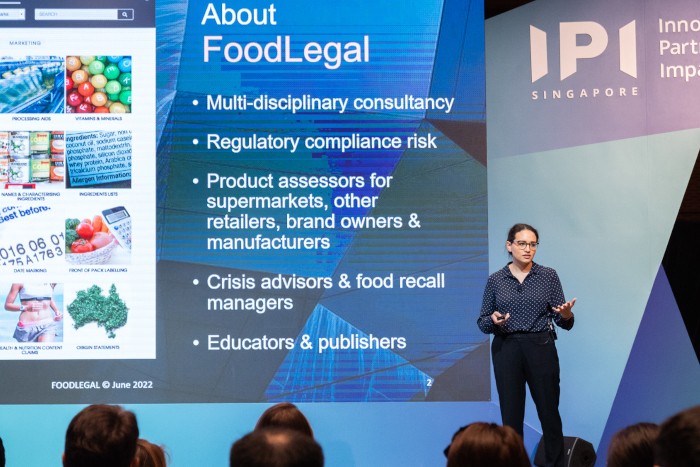FoodLegal can alleviate areas of stress for our clients, help manage pain-points, relieve bottlenecks in supply chains, manage risks, and streamline processes to get more products more quickly to customers.
Our consulting services, compliance risk mitigation support tools and training courses have been adapted to meet the changing market conditions and provide flexibility in meeting increased product demand.
Australia's premier periodical in food law and policy issues. It focuses specifically on analysis and commentary for regulatory compliance and the legal issues affecting food and food industry participants
A summary of food regulatory developments in Australia and internationally for the month of December 2025.
The latest stakeholder consultation on Proposal P1056 regarding proposed changes to caffeine regulation in Australia and New Zealand closed on 12 December 2025. This article explores the changes which have been proposed by Food Standards Australia New Zealand (FSANZ) and how they will impact sports foods and general foods that contain caffeine, including from guarana extract.
The Australian regulatory framework that controls biosecurity risks for imported foods consists of the Biosecurity Act 2015 (Cth), the Biosecurity Regulations 2016 (Cth) and various determinations and declarations. Due to sunsetting provisions found in the broader framework, many of these regulations will become out-of-date by October 2026. The Australian Department of Agriculture, Fisheries and Forestry (DAFF) is therefore seeking comments on new versions of the relevant laws. This article explores the proposed changes for the Federal Biosecurity Regulations as well as other determinations and declarations being updated.
Brand power can be one of the most valuable assets that a business has. There are numerous reasons why a business might choose to update, change or refresh its brand (commonly called a rebrand). This article explores important legal and regulatory issues when undertaking a rebrand.
SIGN UP NOW TO JOIN OUR FREE BULLETIN NEWSLETTER MAILING LIST FOR REGULAR UPDATES OR LEARN MORE ABOUT OUR SUBSCRIPTION OPTIONS TO ACCESS ALL BULLETIN ARTICLES TODAY
FoodLegal specialises in food law consultancy, compliance risk management, certification of product compliance integrity for food and beverage products and other allied products
We advise Australia's largest food companies, international brands, as well as small-to-medium sized enterprises and startups.
Our team of lawyers and consultants represent food manufacturers, importers, distributors, brand marketers, retailers, industry associations and groups.
We also work with clients from allied fields such as complementary medicines, life sciences, agribusiness and farmer-producers.
FoodLegal recognised by Australasian Lawyer as the Top Boutique Firm for 2024 in FMCG Law
Give your team a mastery of food compliance and risk management. Streamline your development and compliance processes with our legal and scientific hands-on experience. Dynamic, easy-to-understand legal commentary. All the benefits of having FoodLegal lawyers in-house.
At FoodLegal we believe that education is crucial to keeping your competitive edge.



